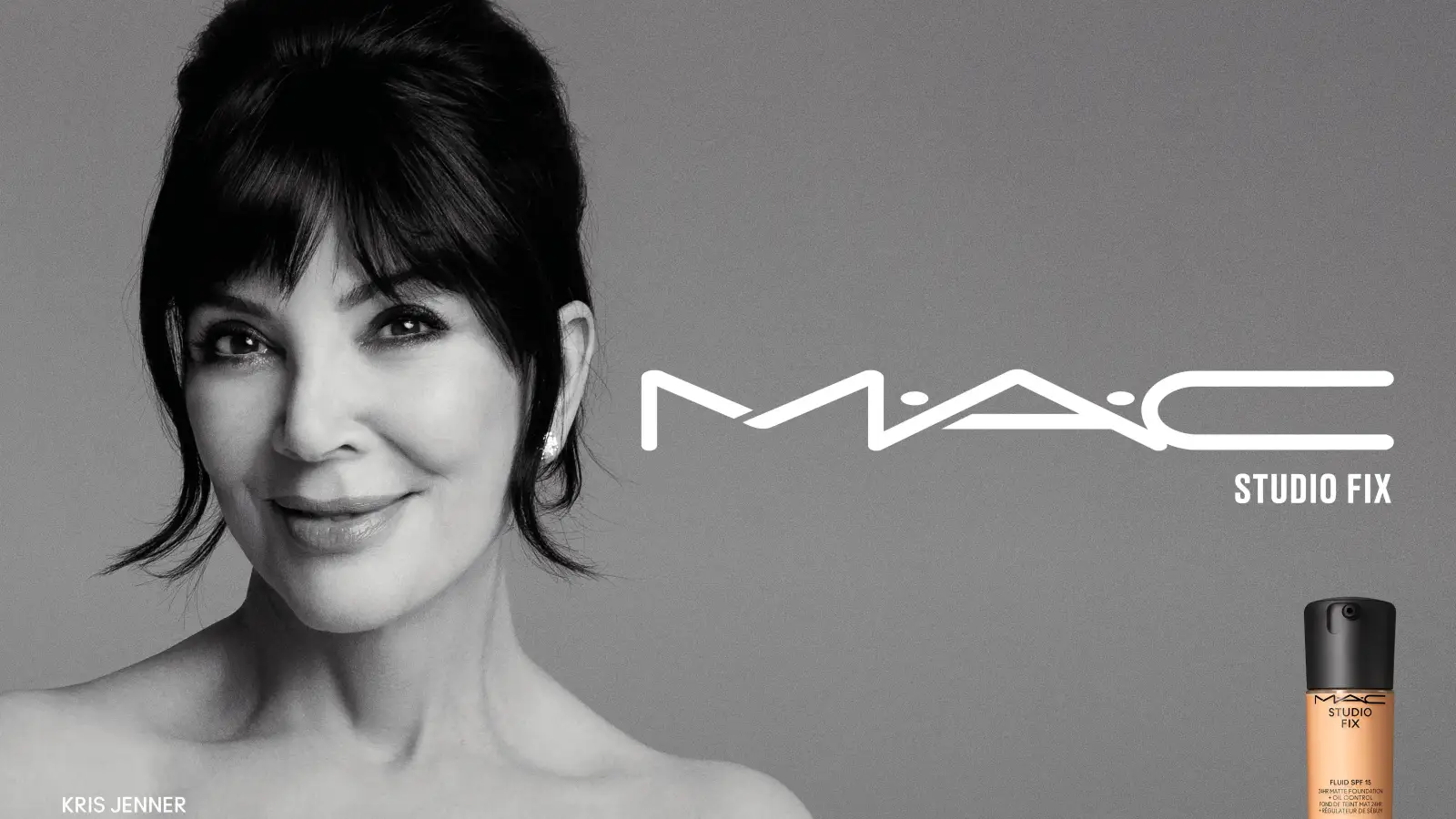
For anyone getting behind the wheel, car insurance is a necessity. However, older drivers face unique circumstances that complicate getting coverage. On one hand, they tend to drive less and obey traffic laws more. On the other hand, older drivers (particularly those above 70) are more likely to die in a traffic accident due to physical frailties. There’s also an increased risk of reduced driving skills due to health or sensory issues. Recognizing these complexities, Consumer Reports surveyed over 40,000 policyholders to identify the best car insurance provider for senior drivers.
USAA ranked highest, followed closely by Amica. Erie took third place. Consumer Reports’ study looked at rates, satisfaction, claims, and other factors. Interestingly, the data showed that drivers aged 60 and above experienced more rate increases over the last year than their younger counterparts. That underscores the importance of comparison shopping. However, the report also emphasized that older drivers should look beyond cheap insurance and search for providers best able to meet their unique needs.
Among survey respondents, 86% of USAA policyholders said they were very satisfied or completely satisfied with the company. USAA also scored a win as the cheapest car insurance company in 2025 in a recent SlashGear article. The greatest challenge in securing USAA coverage is that the firm only services military personnel, veterans, and their families. Meanwhile, Amica ranked 84% for satisfaction and is the country’s oldest mutual auto insurer. With mutual insurance, policyholders are considered owners and may receive dividends or a policy discount.
Erie completes the senior car insurance podium with an 80% ranking. The company issued its first auto policy 100 years ago. However, Erie is a regional provider, offering auto coverage mostly in the Midwest, Northeast, and Mid-Atlantic. Other top-ranked insurance companies in the survey included NJM, Mercury, Auto Club, and Hanover. These providers ranked from 75% to 78%.
In a related review by Consumer Reports, none of these insurance companies received a good or better score for premiums, meaning policyholders didn’t have high satisfaction rates for what they were paying for coverage. At the same time, Amica and Erie earned top scores for claims.
One of the takeaways from Consumer Reports’ research is that senior drivers can reduce their car insurance premiums by shopping around. Among surveyed policyholders (of all ages), those who changed insurance companies saved an average of $461 annually. Some respondents reported a premium reduction of at least $1,000.
There are other ways for senior drivers to get cheaper car insurance. Start by regularly reviewing policies. Coverage that made sense during working years may no longer be needed in retirement. Deductibles can be increased, and collision and comprehensive coverage on older cars may not be worth the extra cost. Bundling car insurance with a homeowner’s policy is another savings opportunity.
Other senior-specific strategies include taking an online defensive driving class, like one offered through AARP. These refresher courses can sharpen driving skills and may create eligibility for an insurance discount. Technology can also help. The Insurance Institute for Highway Safety (IIHS) reports that drivers aged 70 and older benefit from rearview cameras and rear parking sensors. Insurance companies may offer discounts for this and other safety equipment, like automatic emergency braking and blind-spot monitoring.



